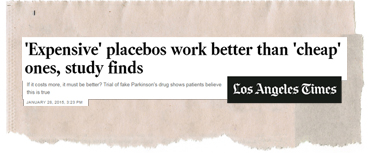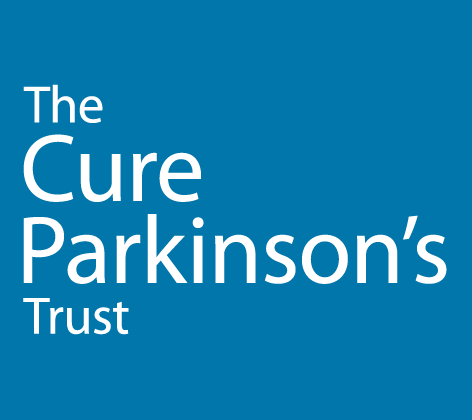
Perception of cost influences the placebo effect
The takeaway
Why is it important?
%
IMPACT
- Novelty 65%
- Proximity 50%
- Deliverability n/a%
Impact opinion
Background
Sometimes, however, patients taking the placebo believe they are taking the real drug and, as a result, experience beneficial results. This placebo effect can interfere with clinical trial results.
The details
To answer these questions, patients were given levodopa, the gold standard for Parkinson’s treatment, followed by two saline injections. They were then told that the injections contained two medications—one that cost $100 and one that cost $1,500. Their responses were measured in several ways, including evaluation on the Unified Parkinson’s Disease Rating Scale. The score for the expensive placebo ranked 10 percent higher than that of the cheaper placebo, although the effect of levodopa was stronger than either placebo.
However, when given a learning task (that was monitored by brain imaging) patients who took the cheap placebo first had more brain activation in certain regions than did people who took the expensive placebo.
Other things to know
- It appears the order in which the placebos were given (“cheap” then “expensive” vs. “expensive” then “cheap”) had an impact on the results.
- In an editorial on the article, the authors note that knowing whether the patients considered the $100 placebo “cheap” would be helpful.
The editorial authors also raise the point of patient trust as the study involved an element of deception (the study complied with federal regulations) and urged researchers who undertake future experiments to add additional patient protections.



